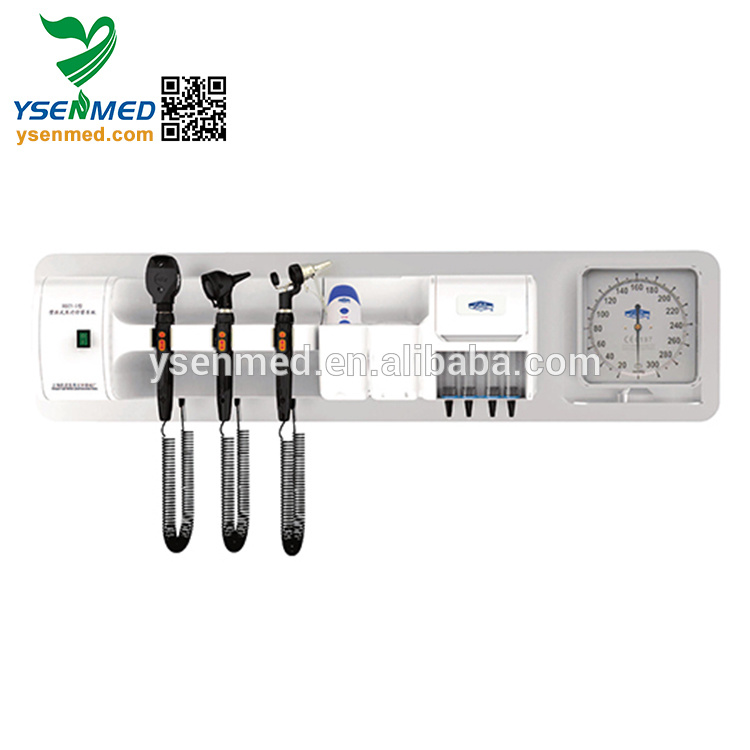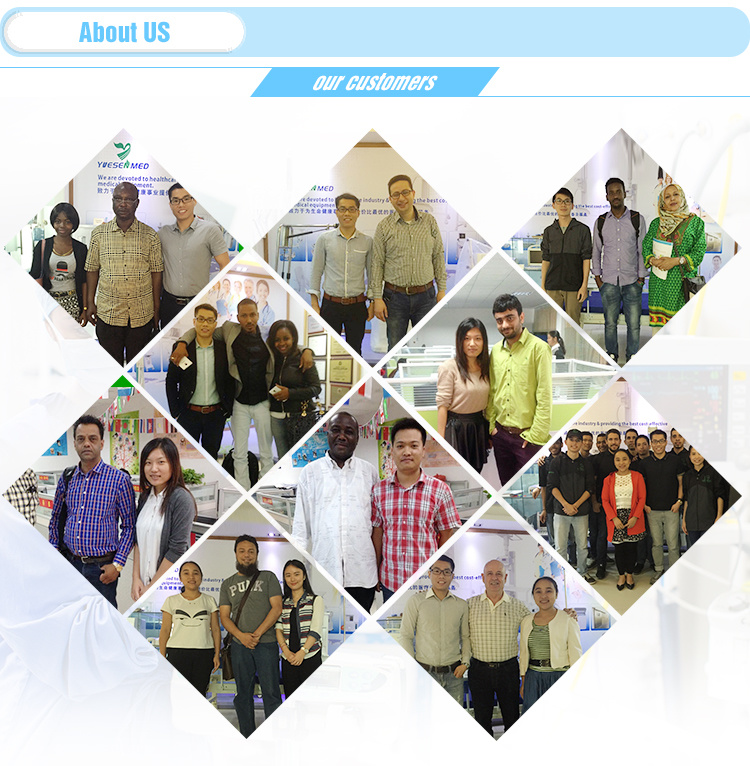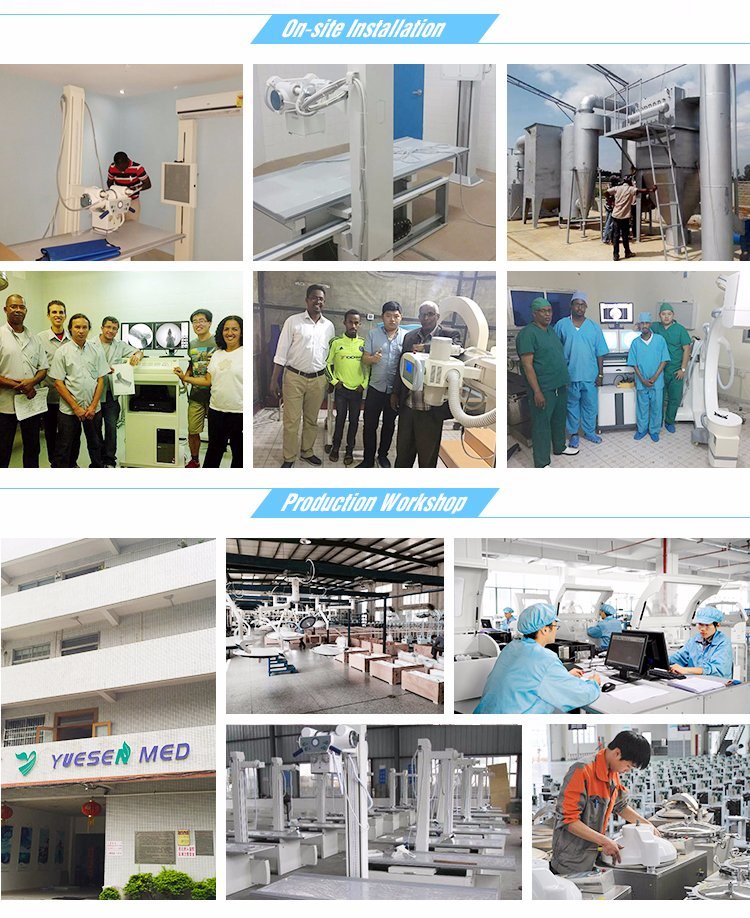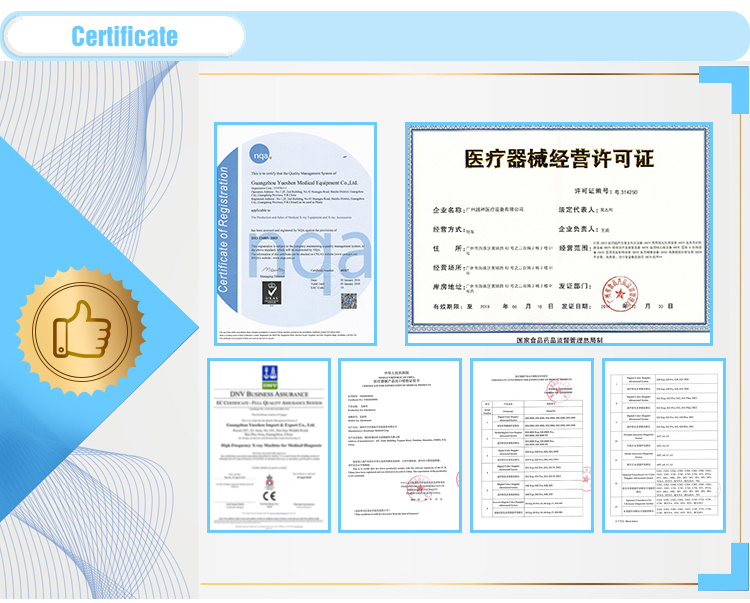Medical Eye Ear Nasal Hospital Equipment Diagnostic Set
Hearing aid manufacturers strive to optimize their wireless hearing aid offerings both in terms of connection reliability as well as power efficiency. Variance across patients and listening conditions can make optimizing wireless hearing aid systems a complex process.
Factors such as connection distance, proximity of reflective surfaces, interference from other wireless devices, and energy loss through body absorption must all be factored into the hearing aid design. For example, indoor wireless performance may be very different from wireless performance experienced outdoors, where the only reflective surface may be the ground on which the hearing aid user is standing. Furthermore, individual differences in body geometry increase the variability that wireless engineers must account for when designing a system that provides each user with a consistent and reliable experience.
As awareness of wireless hearing technology grows, hearing healthcare professionals may notice an uptick in long-term safety concerns. Consumers should be confident knowing that wireless hearing aids are safe and strictly regulated medical devices that meet governmental wireless communication standards in addition to those set forth for medical devices.
Tws Hearing Aid,True Wireless Stereo Hearing Aid,Hearing Aid Earbuds,Smart Earbuds Hearing Aid Shenzhen Sunshine Technology Co.,Ltd , https://www.szyatwin.com
YSENT-ZC1Â 
Purpose: Applied to eye check, ear check, nasal check temperature and blood pressure measurement.
Â
Specifications: Wall-mounted, integrated combination, composed of  ophthalmoscope, otoscope, nasal inspector, e-ear temperature measurement, storage box and board etc, all the parts connected with  handle, under AC220V, 50HZ, 3.6V(output voltage).
Â
OphthalmoscopeÂ
Illumination form
big spot, small spot, half spot, central net, slit
Diopter range
-25~+40D
Otoscope
circle-form optical fiber transmission
Size of the aural
2.5, 3, 4, 5mm
Magnifier
>3Â times
Â
Nasal apeculum: fiber transmission
Â
E-ear temperature measuring device:Â
Temperature measurement range:34°C~43°C
Temperature measurement precision: ≤±0.2°C
Mechanical spring blood pressure meter: Composed of meter, band and air ball
Blood pressure measuring: 0~300mmHg
Upper-arm measurement: manual measurement
Date error: ±3.75mmHg
Parcel tray
Â
Storage box: 4 kinds of different size aural and other consumable can be stored inside.



 Medical eye ear nasal hospital equipment diagnostic set
Medical eye ear nasal hospital equipment diagnostic set
YSENT-ZC1Â 
Purpose: Applied to eye check, ear check, nasal check temperature and blood pressure measurement.
Â
Specifications: Wall-mounted, integrated combination, composed of  ophthalmoscope, otoscope, nasal inspector, e-ear temperature measurement, storage box and board etc, all the parts connected with  handle, under AC220V, 50HZ, 3.6V(output voltage).
Â
OphthalmoscopeÂ
Illumination form
big spot, small spot, half spot, central net, slit
Diopter range
-25~+40D
Otoscope
circle-form optical fiber transmission
Size of the aural
2.5, 3, 4, 5mm
Magnifier
>3Â times
Â
Nasal apeculum: fiber transmission
Â
E-ear temperature measuring device:Â
Temperature measurement range:34°C~43°C
Temperature measurement precision: ≤±0.2°C
Mechanical spring blood pressure meter: Composed of meter, band and air ball
Blood pressure measuring: 0~300mmHg
Upper-arm measurement: manual measurement
Date error: ±3.75mmHg
Parcel tray
Â
Storage box: 4 kinds of different size aural and other consumable can be stored inside.




